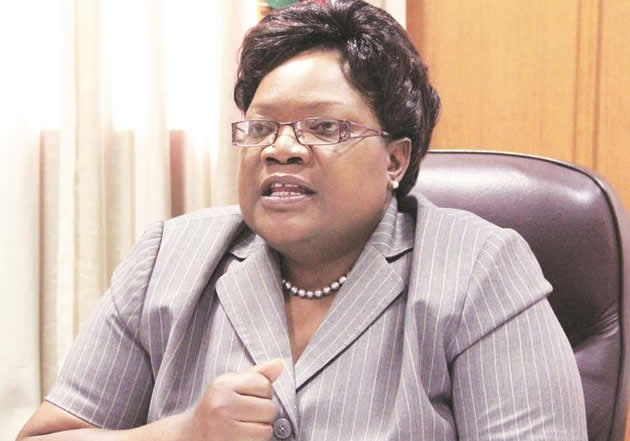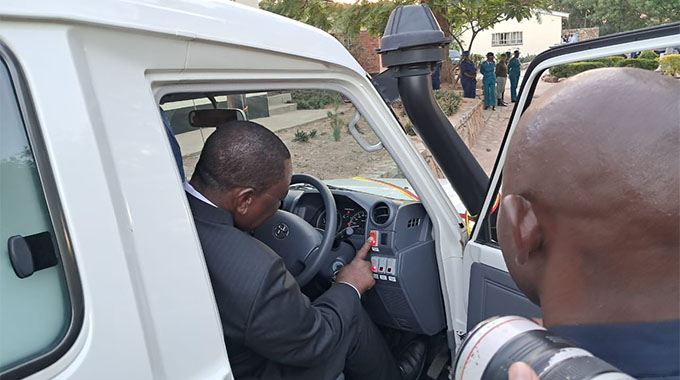Partnerships key in unlocking rural potential, says Mujuru

Herald Reporter
Vice President Dr Joice Mujuru yesterday said partnerships between Government, the private sector and communities are important in empowering people and freeing them from hunger and underdevelopment.
As such, Dr Mujuru said, improving agricultural performance in rural communities was one of the most powerful tools in reducing hunger and poverty as it is the basis of creating jobs and better life.
She made the remarks in Hwedza while launching a village development model on maize being carried out by the Scientific and Industrial and Development Center (SIRDC) and Agritex, with technical support from the Rural Development Administration of South Korea.
The project is aimed at improving food security and enhancing extension services through sharing knowledge.
Said VP Mujuru: “Rural life is a state of mind, a culture and way of life which revolves around community land, livestock and cereal production.
“The daily toil is aimed at meeting basic human needs, in most cases for the day only. Programmes like this make rural community central to its development, hence the need to change the community mindset of rural life to the new thinking and way of life that leads to improved food security at household level.”
VP Mujuru said people were wasting their time focusing on petty fights instead of development.
“We are quarrelling because of poverty,” she said. “We do not have time for development. Nguva zhinji inotipa hugaro hwakanaka taakuipedza nezvimwe zvichatipa mazita achanetsa kuzotakanura patiri, taakoka mazita iwayo.” (We are wasting a lot of precious time that should be used to enhance our livelihoods by engaging in activities that will earn us bad names, names that we would have wilfully invited on ourselves.)
Development in Zimbabwe, VP Mujuru said, would only come through production, adding that if taken seriously, community empowerment programmes can reduce the country’s import bill.
“As it stands, something is needed to jump-start the economy, but we are failing to do so because Government has got a huge burden upon it,” she said.
“We cannot fully maintain roads, pay doctors or have enough medication in our hospitals because we cannot afford to do that when our people are starving. We are using millions of dollars in importing food and that money could be channelled towards other areas if we work hard, beginning from households.”
VP Mujuru said rural communities needed to grow in tandem with urban areas and standards of life had to improve in those communities for inclusive development and growth to be realised.
“The benefits of this project in form of food security cannot be over emphasised as I am informed that farmers used to harvest around 0,28 tonnes per hectare which jumped to about four tonnes per hectare after using SIRDAMAIZE 113,” she said.
“Thus, the project demonstrates that with the right inputs and timely access to agricultural services, rural communities can be part of efforts in improving national food security.”
South Korea ambassador to Zimbabwe Mr Yong-Kyu Kwong said there was need to strengthen relations between the two countries that began over 20 years.
He said his country was offering assistance to 17 African countries under the Korea and Africa Food Agricultural Co-operation Initiative (KAFACI) and Zimbabwe would host the next KAFACI General Assembly in April next year.









Comments